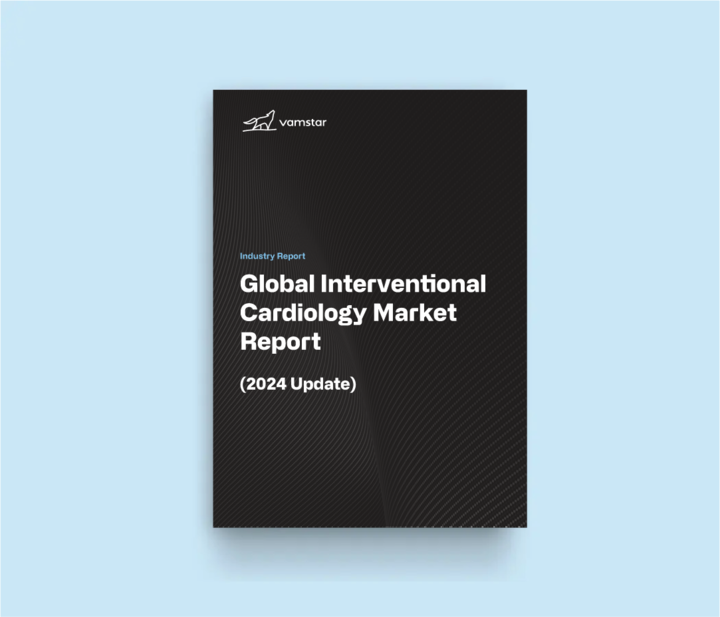5 minutes read
The Dynamic Evolution of Diabetes Treatment in Europe

Diabetes has escalated into a major global health crisis, with the International Diabetes Federation (IDF) forecasting a staggering 643 million cases by 2030 and 783 million by 2045. As the World Health Organization (WHO) labels diabetes a global epidemic, the urgency to address its impact intensifies. In Europe alone, the chronic disease affects around 60 million adults, equivalent to one in eleven individuals, underscoring its status as a pressing public health concern.
A Rich History of Treatment and a Promising Future
Diabetes management has evolved dramatically over the years, from traditional insulin injections and diet modifications to cutting-edge wearable continuous glucose monitors (CGMs) and insulin pumps. Countries like Germany, the UK, and France lead the charge in the European anti-diabetic drug market, driven by an aging population and increasing disease prevalence. Yet, the quest for more effective and natural treatment options continues.
Revolutionary Clinical Trials and Breakthroughs
Over the past two decades, approximately 25,000 clinical trials have been conducted worldwide to find better diabetes treatments. Innovative therapies are at the forefront, with stem cell therapies, beta cell transplantation, and regenerative medicine offering groundbreaking possibilities. Belgian companies are pioneering these efforts; Imcyse’s IMCY-0098, aimed at halting early-onset Type 1 diabetes, is in Phase II trials, while ActoBio Therapeutics is also making significant strides.
Power of Partnerships
Collaboration is fueling progress in diabetes treatment. A notable example is the 2022 partnership between Germany’s Evotech and Canada’s Sernova to develop an implantable beta cell replacement therapy. This alliance combines Sernova’s innovative Cell Pouch device with Evotec’s advanced QRbeta technology, promising a significant leap forward in diabetes care.
Trends in Insulin Analogues and Biosimilars
The adoption of long-acting insulin analogues is rising in Europe, particularly in Estonia, Catalonia, the Czech Republic, and Malta, where promotional efforts have boosted their use despite high costs. To address affordability issues, biosimilars for insulin glargine and insulin aspart are gaining traction, offering similar efficacy at a reduced price. However, their uptake has been slower compared to other biosimilars like monoclonal antibodies.
The Road Ahead
Technological innovations and extensive research and development are driving the diabetes treatment landscape towards a future filled with potential. Pharmaceutical companies are poised to capitalize on these advancements, developing tailored treatments that significantly improve the quality of life for diabetes patients. Despite challenges, the market’s evolution promises to address the complex needs of those living with diabetes, paving the way for a healthier, more manageable futu
Conclusion
The European diabetes treatment landscape is in a state of dynamic evolution, characterized by innovative therapies, strategic collaborations, and a focus on affordability and accessibility. With relentless research and the continuous introduction of advanced treatment options, there is hope for significantly enhancing patient outcomes and overall quality of life. The future holds immense promise as the fight against diabetes gains momentum, driven by groundbreaking scientific advancements and collaborative efforts.
Transform Your MedTech Business in an era of constant innovation
Transforming your MedTech business in this innovative era requires leveraging AI, machine learning, and data analytics to enhance product development and efficiency. Cultivate continuous improvement and partnerships to drive innovation. Stay ahead of regulatory changes and market trends by investing in R&D and prioritizing patient-centric solutions.
Other Materials
Book a 30 minutes meeting with us
Welcome to our scheduling page! Please choose an available date below to get started.
30 minutes meeting
We’ll email you the meeting link

























